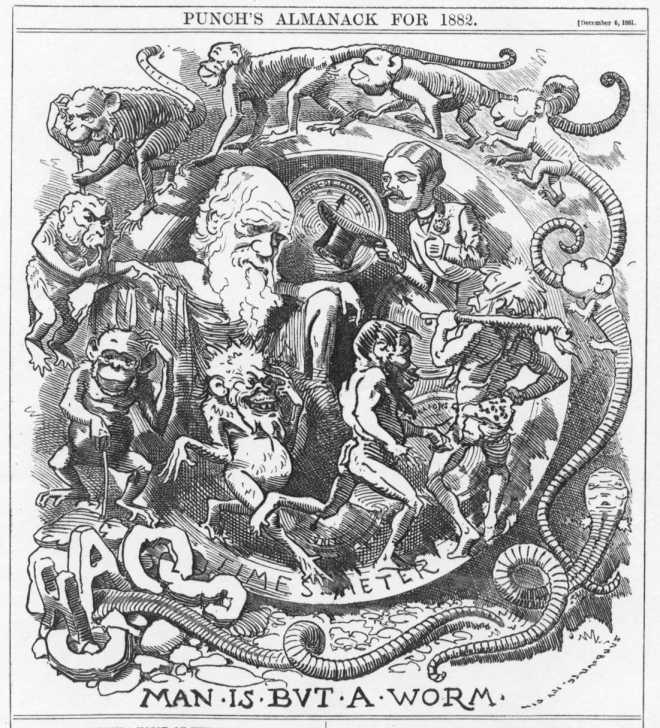Drawing from his new book, Darwin’s Dice: The Idea of Chance in the Thought of Charles Darwin, Curtis Johnson pushes back against an understanding of Darwin’s thinking about God that holds “he gradually shifted from ‘early orthodoxy’ to a ‘liberal form of theism,’ and then in later years ‘into an agnosticism tending at times toward atheism'”:
It seems probable that his departure from Christian faith was earlier, more abrupt, and more complete than this view indicates. The reason for thinking so stems from the same source that so many of Darwin’s contemporaries rejected a role for chance in nature’s workings: a chance-governed world seems tantamount to a godless world. Einstein made this very connection himself 75 years later when he famously said, “God does not play dice with the universe.” Darwin undoubtedly understood this implication of his theory, but rather than conclude that chance plays no role in nature he appears to have concluded instead that God does not have much to do with nature at all.
He goes on to excerpt a telling letter Darwin wrote to the Harvard botanist Asa Gray in May 1860, just a few months after the publication of The Origin of Species:
With respect to the theological view of the question; this is always painful to me.—I am bewildered.—I had no intention to write atheistically. But I own that I cannot see, as plainly as others do, & as I shd. wish to do, evidence of design and beneficence on all sides of us. There seems to me too much misery in the world. I cannot persuade myself that a beneficent & omnipotent God would have designedly created the Ichneumonidae with the express intention of their feeding within the living bodies of caterpillars, or that a cat should play with mice. Not believing this, I see no necessity in the belief that the eye was expressly designed. On the other hand, I cannot be contented to view this wonderful universe, and especially the nature of man, & to conclude that everything is the result of brute force. I am inclined to look at everything as resulting from designed laws, with the details, whether good or bad, left to the working out of what we may call chance. Not that this notion at all satisfies me. I feel most deeply that the whole subject is too profound for the human intellect. A dog might as well speculate on the mind of Newton.—Let each man hope and believe what he can.
(Image: Punch’s almanac for 1882, published shortly before Darwin’s death, depicts him amidst evolution from chaos to Victorian gentleman with the title “Man Is But A Worm,” via Wikimedia Commons)
